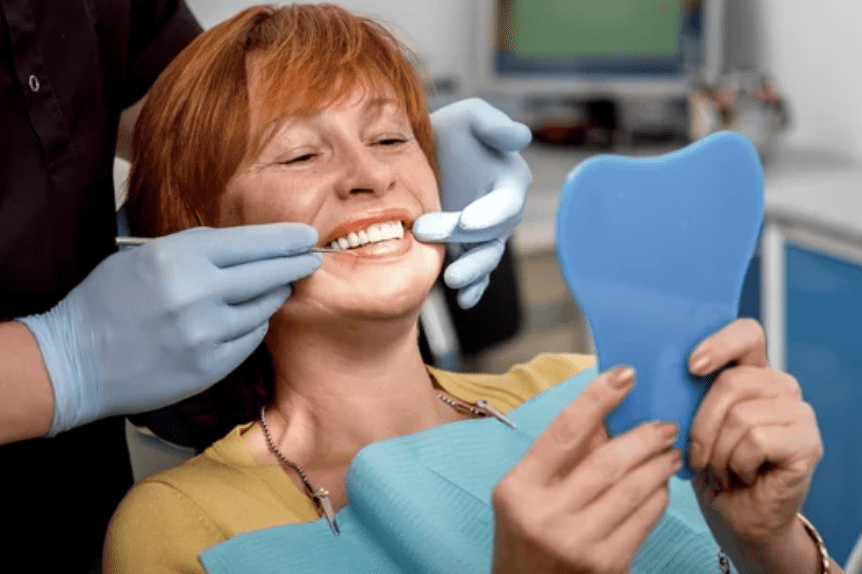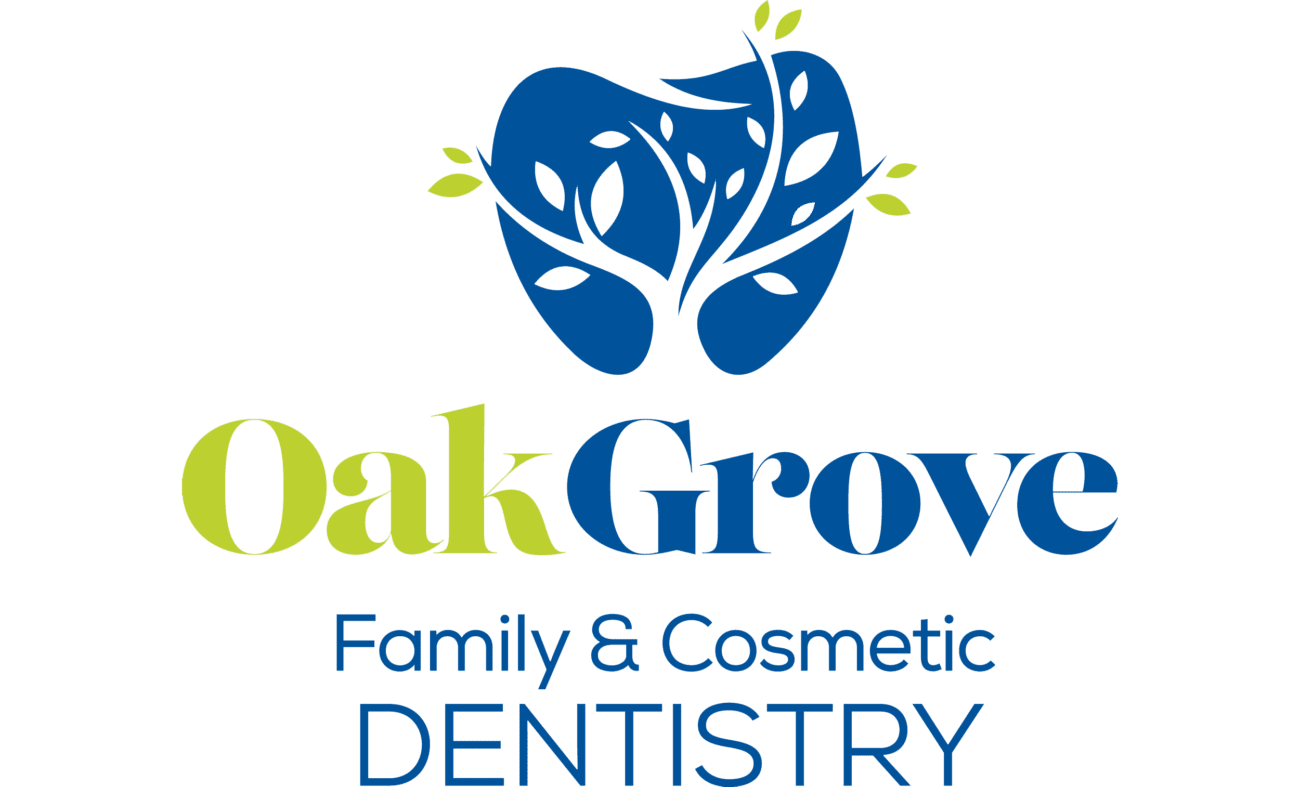Dentures consist of replacement teeth attached to a gum-colored base. They usually have metal clasps that attach to your natural teeth for a secure fit. A partial denture is designed for patients who are missing multiple teeth in a row. They are often an alternative treatment to dental bridges. Your dentist will help you choose the best option for your needs.

Who Needs Partial Dentures?
Partial dentures are ideal for those missing several teeth. They could help restore your smile. They could also improve your ability to chew and speak. If you have remaining healthy teeth, partials can be a good option. They often fill gaps and prevent remaining teeth from shifting. This is crucial for maintaining oral health. Missing teeth can lead to bone loss in the jaw. Dentures help mitigate this issue. They distribute the forces of chewing evenly to reduce stress on your remaining natural teeth.
Benefits of a Partial Denture
Partial dentures offer several benefits. They are less invasive than dental implants. They also cost less. They help provide support for your facial muscles and maintain your face’s shape. Dentures are also removable, making them easy to clean. Partials may also help improve your speech. Missing teeth can cause speech problems. Dentures could help you pronounce words more clearly.
Considerations Before Getting Partial Dentures
Consider your oral health before getting partial dentures. Your dentist will evaluate your teeth and gums. They will check for signs of gum disease or tooth decay. These issues must be addressed first. You also need to consider the maintenance involved. Dentures require daily cleaning. You must also handle them carefully to avoid damage. Another consideration is your lifestyle. If you lead an active lifestyle, you may need a more durable type of denture. Your dentist can help you choose the best option for your needs.
Potential Issues
Partial dentures can cause some issues. They may feel bulky or uncomfortable at first. You may also experience increased saliva production. Sore spots or irritation can occur. These issues usually resolve over time. If problems persist, consult your dentist. They can adjust your dentures to improve comfort.
Another potential issue is difficulty eating certain foods. Sticky or hard foods can be challenging. Practice and patience are key. Over time, you will become more adept at eating with your dentures. Regular dental check-ups can help identify and address any issues early.
Alternatives
There are alternatives to partial dentures. Dental implants are one option. They are permanent and often look like natural teeth. However, they are more expensive. Dental bridges are another option. They fill gaps by anchoring to adjacent teeth. Your dentist can help you explore these alternatives. Each option has its pros and cons. Dental implants require surgery and a longer healing time. Bridges are less invasive but may not be suitable for everyone. Your dentist will consider your oral health, budget, and lifestyle. They will help you choose the best option for your needs.
At Oak Grove Family & Cosmetic Dentistry, we are committed to your oral health. Dr. Chavala Harris can help you find the right option for your missing teeth restoration. Contact our office today to schedule a consultation and learn more about partial dentures.
